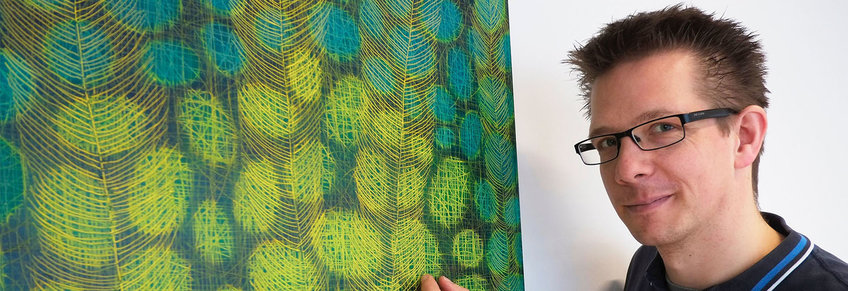
Christian Schröter
Research Group Leader, Systemic Cell Biology
Molecular Dynamics of Cell Fate Decisions
Research Interests
The goal of our research is to understand how cell communication regulates cell fate decisions and cell differentiation. We study this question both with a focus on single cells as well as in cell populations. At the single-cell level, we investigate how quantities of extracellular signals are encoded in the dynamic activation patterns of intracellular signaling pathways, and how these dynamic patterns lead to the transcriptional programs that underlie stable differentiation. At the population level, we want to understand how recursive signaling interactions in cell assemblies give rise to the self-organized emergence of cell populations with reproducible proportions of cells with discrete fates. Our model system to address these questions are mouse embryonic stem cells (mESCs). mESCs are cultured pluripotent cells that retain the potential to differentiate into all cell types of the adult organism in vivo and in vitro, and that have the ability to self-organize into simple embryo-like structures. We use state-of-the-art reporter systems and long-term live-imaging of mESCs to study the dynamics of cell-fate decisions at several levels of organization.
News/Jobs
The team of Christian Schröter received research funding from the Volkswagen Foundation to study the time component of life cycles using stem cells. More infos here:
"Research funds for measuring the speed of life"
Selected Publications
Raina D, Fabris F, Morelli LG, Schröter C (2022). Intermittent ERK oscillations downstream of FGF in mouse embryonic stem cells. Development
Source
Raina D, Bahadori A, Stanoev A, Protzek M, Koseska A, Schröter C (2021). Cell-cell communication through FGF4 generates and maintains robust proportions of differentiated cell types in embryonic stem cells. Development
Source
Schröter C, Rué P, Mackenzie JP, Martinez Arias A (2015). FGF/MAPK signaling sets the switching threshold of a bistable circuit controlling cell fate decisions in embryonic stem cells. Development 142:4205–16.
Source
Freyer L, Schröter C, Saiz N, Schrode N, Nowotschin S, Martinez Arias A, et al (2015). A loss-of-function and H2B-Venus transcriptional reporter allele for Gata6 in mice. BMC Dev Biol 15:38.
Source
Mulvey CM, Schröter C, Gatto L, Dikicioglu D, Fidaner IB, Christoforou A, et al (2015). Dynamic Proteomic Profiling of Extra-Embryonic Endoderm Differentiation in Mouse Embryonic Stem Cells. Stem Cells 33:2712–25.
Source
Martinez Arias, A., Nichols, J. and Schröter, C (2013). A molecular basis for developmental plasticity in early mammalian embryos. Development 140, 3499–3510.
Source


